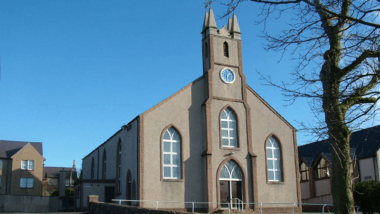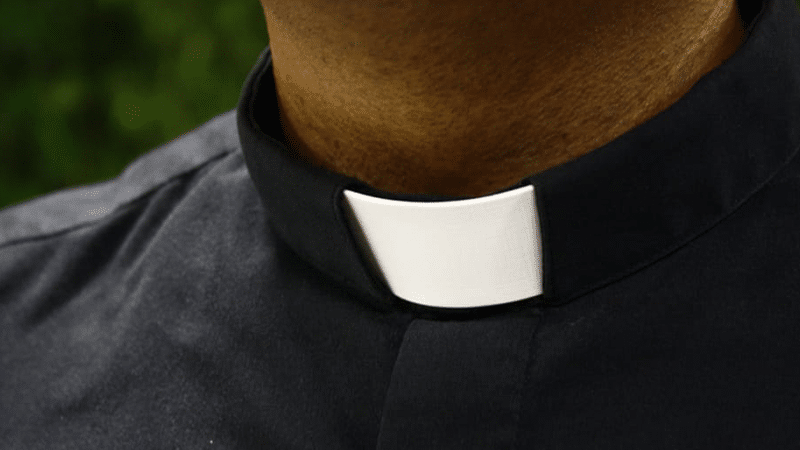A Kent borough has terminated the role of its civic chaplain, ending nearly fifty years of council prayers.
Mayor Paul Stephen, of Swale Borough Council, decided that the position was “not in-keeping” with an ‘equality and diversity’ motion passed by the council last September.
The news was welcomed by the National Secular Society, but has been slammed by church leaders including the council’s outgoing chaplain.
‘Equality and diversity’
Speaking to Kent Online, Mayor Stephen attempted to justify his decision by appealing to a recent motion on equality and diversity.
“As we live in a multi-faith society, myself and a large majority of the coalition decided that employing the services of just one faith was not in-keeping with the equality and diversity motion”, he said.
The motion, agreed unanimously by the council last September, proposed “compulsory training for all members on diversity and equality” including so-called “unconscious bias” training.
Politics
Council meetings will no longer open with prayer, bringing a half-century practice to an end.
A Swale Council insider commented: “Apparently it is the general view of the new administration that prayers should not be given at the start of council meetings and that religion and politics don’t mix.”
The National Secular Society welcomed the news, claiming that council prayers is an “exclusionary practice which undermines democratic principles” and discourages people from engaging in politics.I’ve never heard such rubbish in my life
But church leaders lambasted the decision. Outgoing chaplain Revd Colin Johnson emphasised the importance of politically-engaged Christians, complaining: “I’ve never heard such rubbish in my life.”
Legal Defence Fund
In 2012, the National Secular Society (NSS) and a local atheist ex-councillor sued Bideford Town Council in Devon over its practice of praying at the start of council meetings.
They claimed that the prayers were discriminatory against atheist councillors, were a breach of human rights laws, and that the council had no lawful authority to hold prayers as part of its formal meetings.
The Christian Institute’s Legal Defence Fund supported the Council as it took the case to the High Court.
High Court success
The Court ruled that councils could not hold prayers during official business. But days later, the Government fast-tracked new laws that overtook the ruling and restored councils’ right to hold prayers in England.
The High Court also ruled against the NSS in relation to their central argument that council prayers discriminated against atheists and breached their human rights.
The court disagreed, establishing the principle that public bodies do not need to be secular in order to comply with equality and human rights law.
Disappointing
Institute Deputy Director Ciaran Kelly said: “It’s disappointing that once again the banner of ‘equality and diversity’ is being used to justify the exclusion of Christian practice.
“The High Court has clearly determined that council prayers are in no way discriminatory against unbelievers, and that councils do not need to be ‘secular’ to meet equalities legislation requirements.”
Also see:


